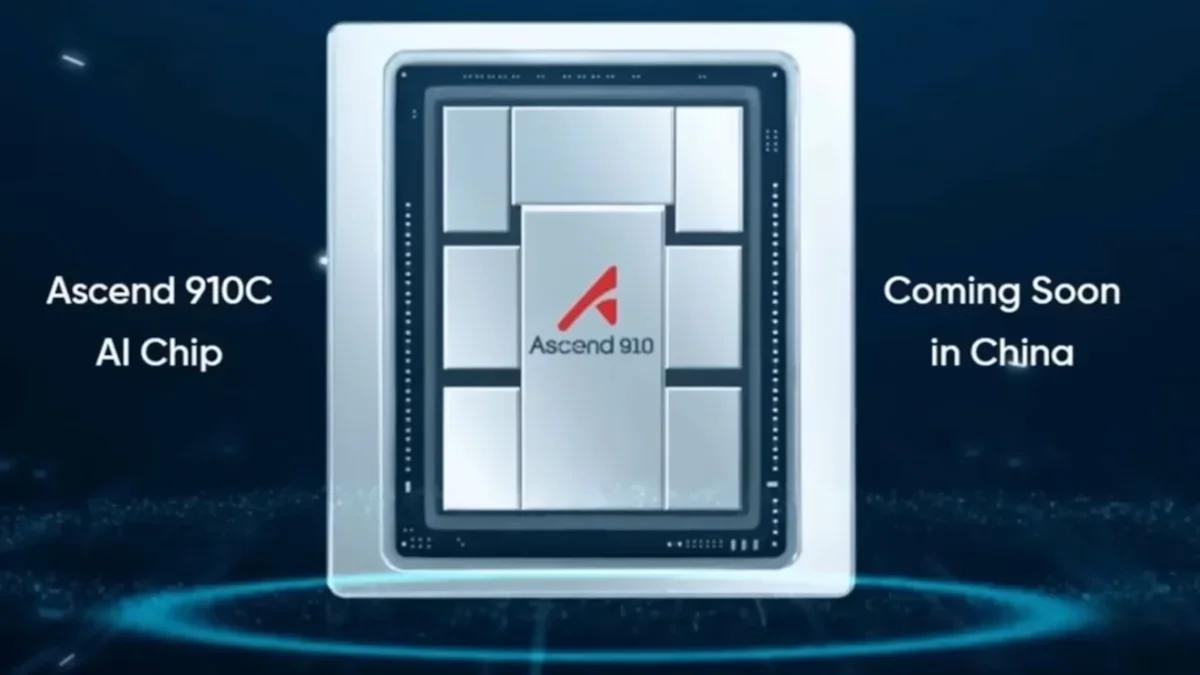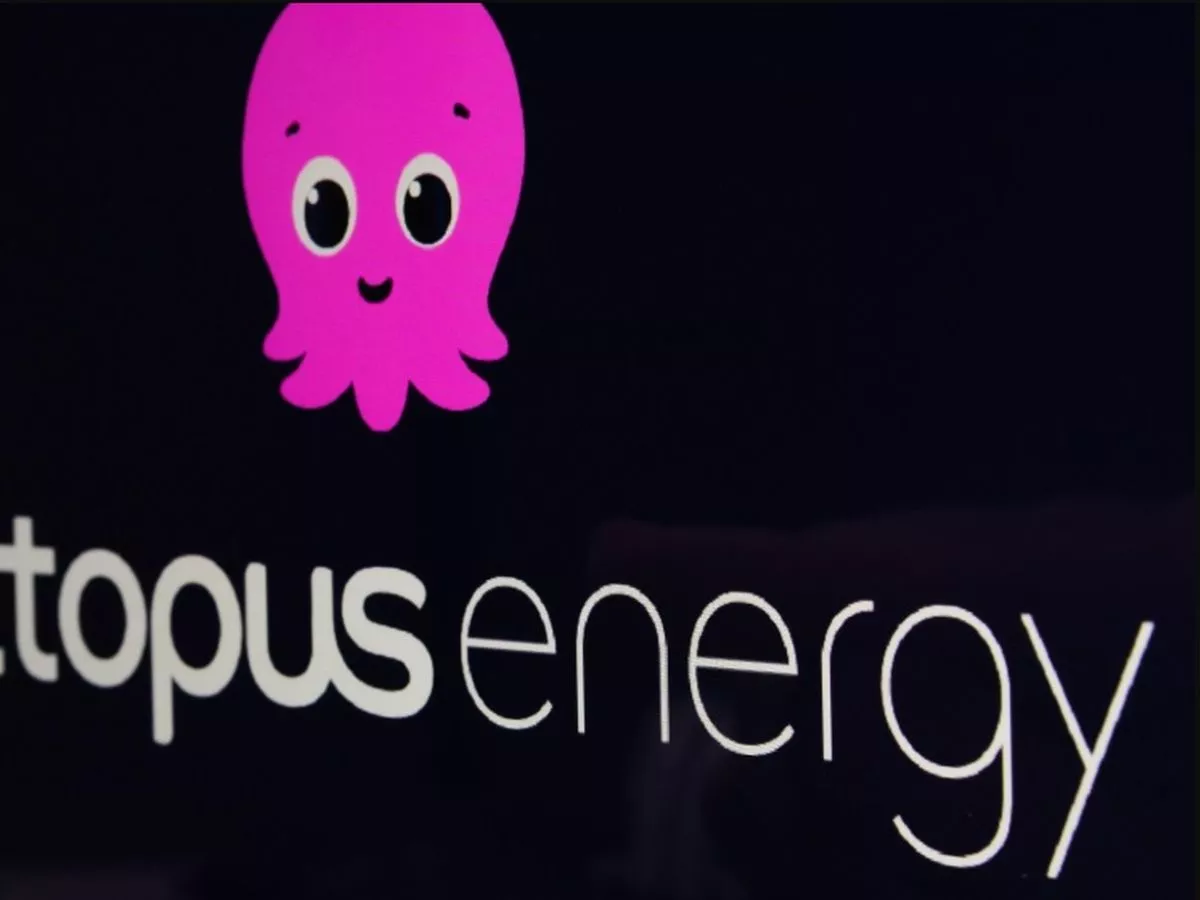
Huawei held its annual customer event in Shanghai last week. During the festivities, Huawei said that it will launch new superpods in late 2026 and 2027. These superpods are interconnected computers (as opposed to single machines) that combine the power of thousands of chips. This will deliver an immense amount of computing power, which is needed to run AI models. Over the next two years, Huawei plans to release the Atlas 950 and 960 superpods (or SuperPoDs as stylized by Huawei).
Huawei’s Atlas 950 and Atlas 960 superpods will be the most powerful in the world
Despite being handicapped by U.S. sanctions that prevent Huawei from obtaining cutting-edge semiconductors, the Chinese manufacturer said in its press release that the Atlas 950 and Atlas 960 will be the most powerful superpods in the world and will continue to hold that title for the years ahead. Huawei came to that conclusion after looking at product road maps from its competitors. Dozens of the superpods will be connected to create the world’s most powerful “SuperClusters.”
Huawei also announced new AI accelerator chips in its Ascend series that will be released over the next three years. The Atlas 950 and 960 superpods would be based on the Ascend 950 and 960 chips, due out in 2026 and 2027, respectively. 2028 could see Huawei release the Ascend 970 chip. The Ascend series is not widely available outside of China and Nvidia’s popular AI accelerators are sold throughout the world but do face stringent rules related to export controls in some countries such as China, North Korea, Sudan, Russia, and Venezuela.
AI accelerators are used to speed up AI and Machine Learning tasks and to train a Large Language Model (LLM)
Will Huawei ever surpass Nvidia in AI chip design?
No. Nvidia has the tech know how to remain on top! Yes. Despite the sanctions, China has the brain power.
No. Nvidia has the tech know how to remain on top!
0%
Yes. Despite the sanctions, China has the brain power.
0%
China has the problem of trying to keep up with AI superpowers like OpenAI (ChatGPT) and Google (Gemini) without having access to the most powerful AI chips from Nvidia. That’s because the U.S. has banned Nvidia from shipping its most powerful AI chips, like the H100, to China. Nvidia has reportedly created some less powerful AI silicon specifically to ship to China. Meanwhile, China has prevented some U.S. companies from shipping AI chips into China so that the country could work on becoming self-sufficient.
Speaking at last week’s consumer conference, Huawei’s rotating chairman, Eric Xu, said, “Our strategy is to create a new computing architecture, and develop computing SuperPoDs and SuperClusters, to sustainably meet long-term demand for computing power.” Forrester Research technology analyst Charlie Dai said, “This is a significant milestone. It signals a stronger push toward self-reliance and resilience in the face of export restrictions.”
Huawei always seems to find a way around U.S. restrictions
No matter what the U.S. does to keep Huawei down, the company always seems able to get around it. Being placed on the Entity List prevents Huawei from using the Google Play version of Android? Huawei develops Harmony OS. The U.S. prevents Huawei from receiving cutting-edge chips? SMIC manufacturers 5G application processors using Huawei’s designs and the foundry’s 7nm process node. In other words, Huawei has managed to stay competitive despite having one hand tied behind its back.
“Iconic Phones” is coming this Fall!
Good news everyone! Over the past year we’ve been working on an exciting passion project of ours and we’re thrilled to announce it will be ready to release in just a few short months.
Recommended Stories



